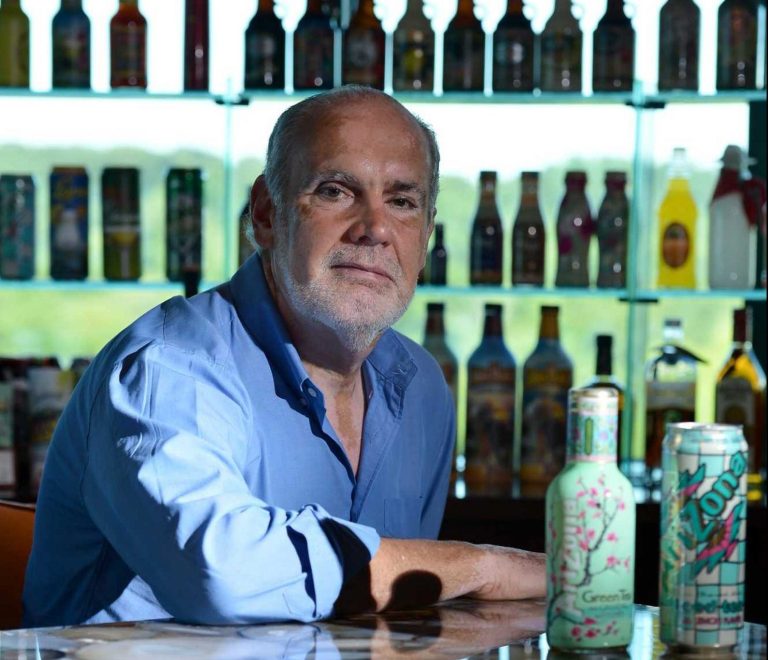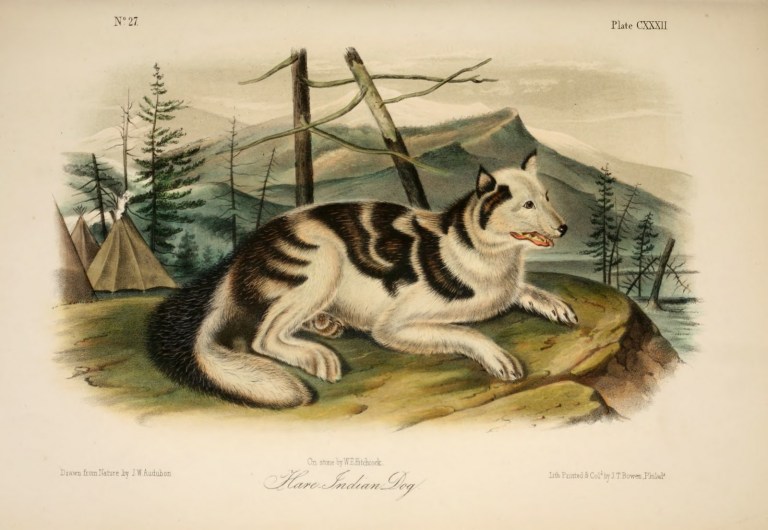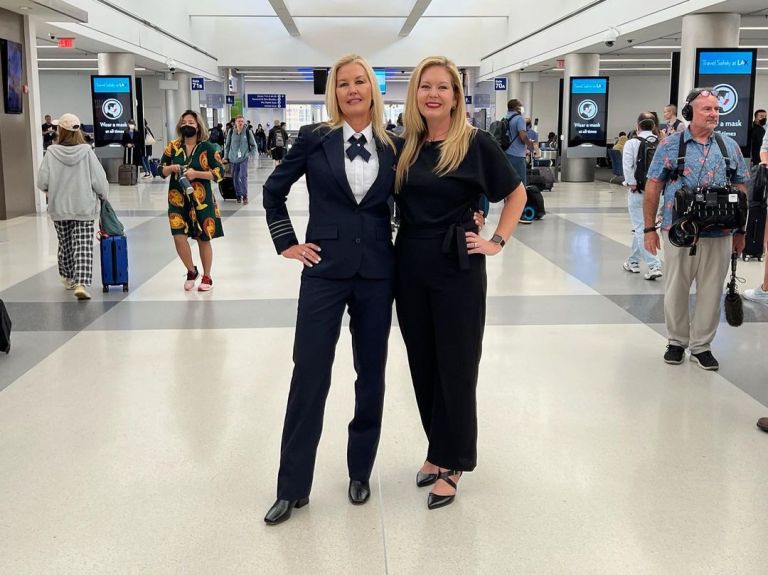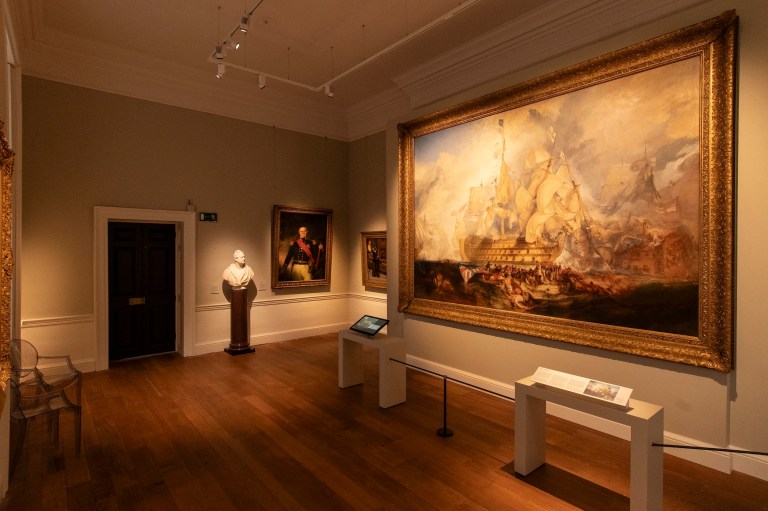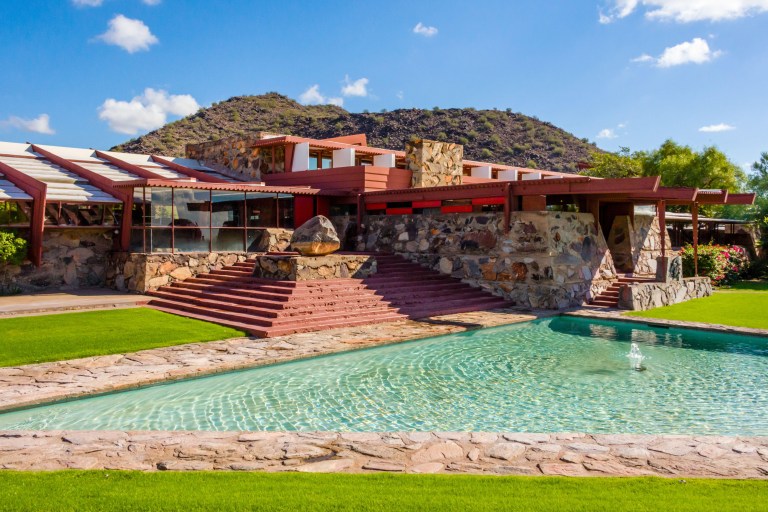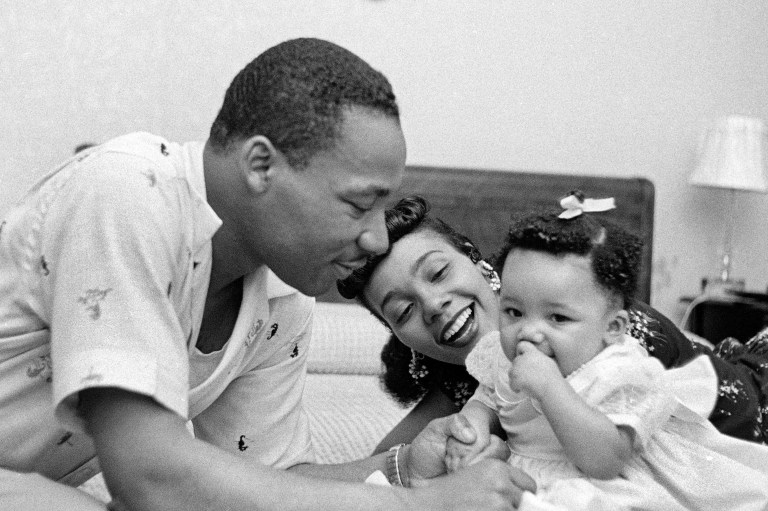From 1984 to The Handmaid’s Tale, literature and media are rife with dystopias, imagined states that often act as warnings against perceived political or social dangers in the real world. Though perhaps appearing less frequently, their opposite, utopias, also grace our books and screens. It’s the third member of the hypothetical-future club that doesn’t seem to get a lot of airtime: protopias.
The term was coined by futurist Kevin Kelly, co-founder of WIRED magazine, around 15 years ago. It represents a positive yet realistic vision of the future, one achieved through slow and steady evolution.
“Protopia is a state of becoming, rather than a destination,” Kelly explains in his 2016 book, The Inevitable: Understanding the 12 Technological Forces That Will Shape Our Future. “It is a process. In the protopian mode, things are better today than they were yesterday, although only a little better. It is incremental improvement or mild progress.”
Since he introduced the concept, others have caught on. There’s Protopia Lab, a think tank based out of Barcelona, Spain, that encourages open, honest, pluralistic discourse. And Catapult, a book series by sustainability expert Zev Paiss, “envisions a protopian future where humanity is both healing and healer.”
“We need to figure out human-scale, human-centered, environmentally sustainable solutions that really make our world a better place for as many of us as possible,” Paiss emphasized to The New York Times in 2023.
Activist and philanthropist Kathryn Murdoch, who’s been working on finding solutions to environmental issues for the better part of two decades, is one of the latest to take up the cause. She’s the executive producer of A Brief History of the Future, a documentary series that premiered on PBS in April.
“The whole concept started, actually, when my daughter told me she didn’t think there was any hope for the future,” Murdoch told NPR. “And I was really upset by that, because I had been working on democracy and climate change issues for such a long time.”
Even after being reassured that many people are working to make the planet a better place, her daughter still had a bleak outlook. And Murdoch couldn’t blame her. Looking around at current media, she was unable to find a young adult novel or television show that portrayed a plausible, positive view of what could be.
“Really, the last time we dreamed about a better future was Star Trek,” said Murdoch. “It was 1964.”
The six-part series focuses on topics like the role storytelling plays in our lives and the human ability to increase empathy. It’s hosted by futurist Ari Wallach and includes perspectives from astrophysicist Neil deGrasse Tyson; Dutch entrepreneur Boyan Slat, who runs The Ocean Cleanup, a nonprofit dedicated to ridding the world’s oceans of plastic; and others working toward a better tomorrow.
Murdoch hopes to spearhead more of this kind of project through her production company Futurific, starting with graphic novels that may one day be adapted into TV shows or even video games — where dystopian narratives run deep.
“It’s sort of thrilling to think of yourself as, ‘Oh, I’m gonna be the lone survivor in the apocalypse,’ but I think there’s something to be said about civilization,” she told NPR. “And I would like to see examples of people working together and cooperating and making a better future for my kids.”

